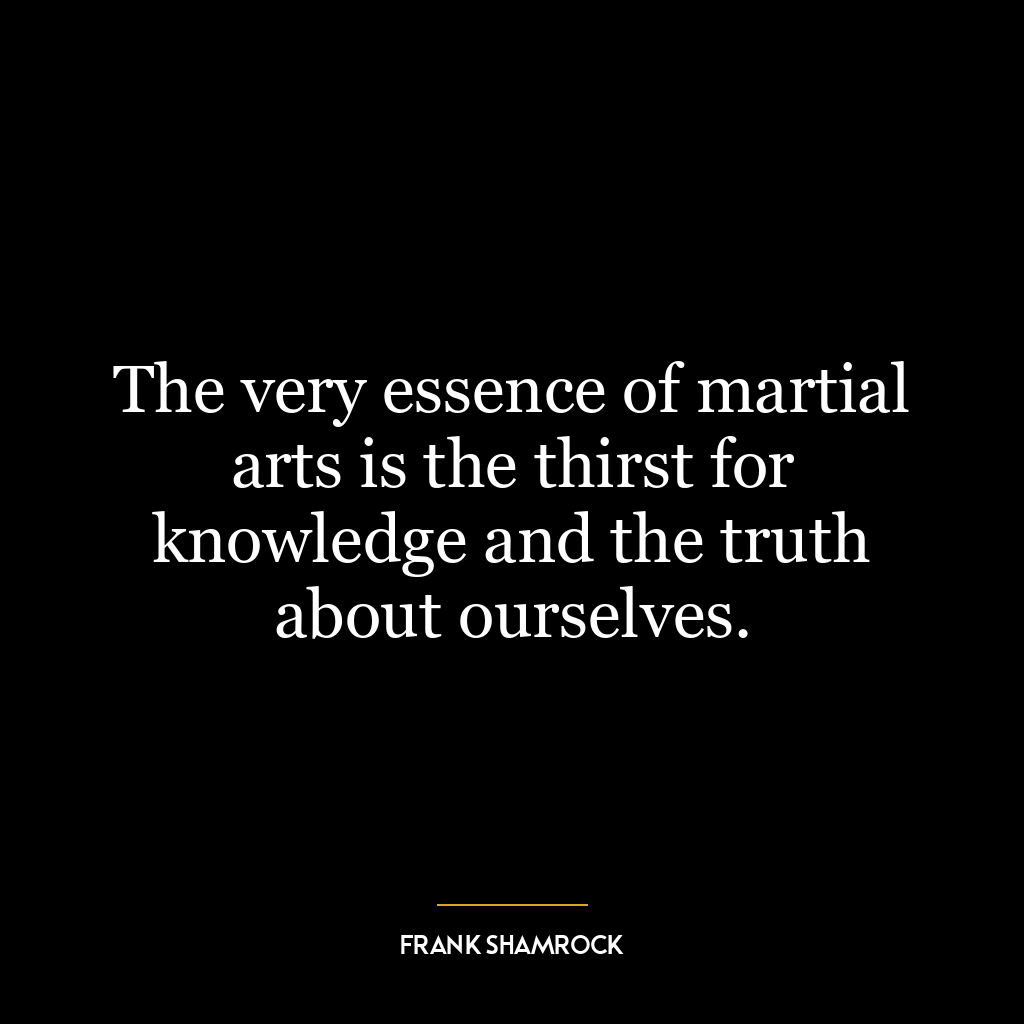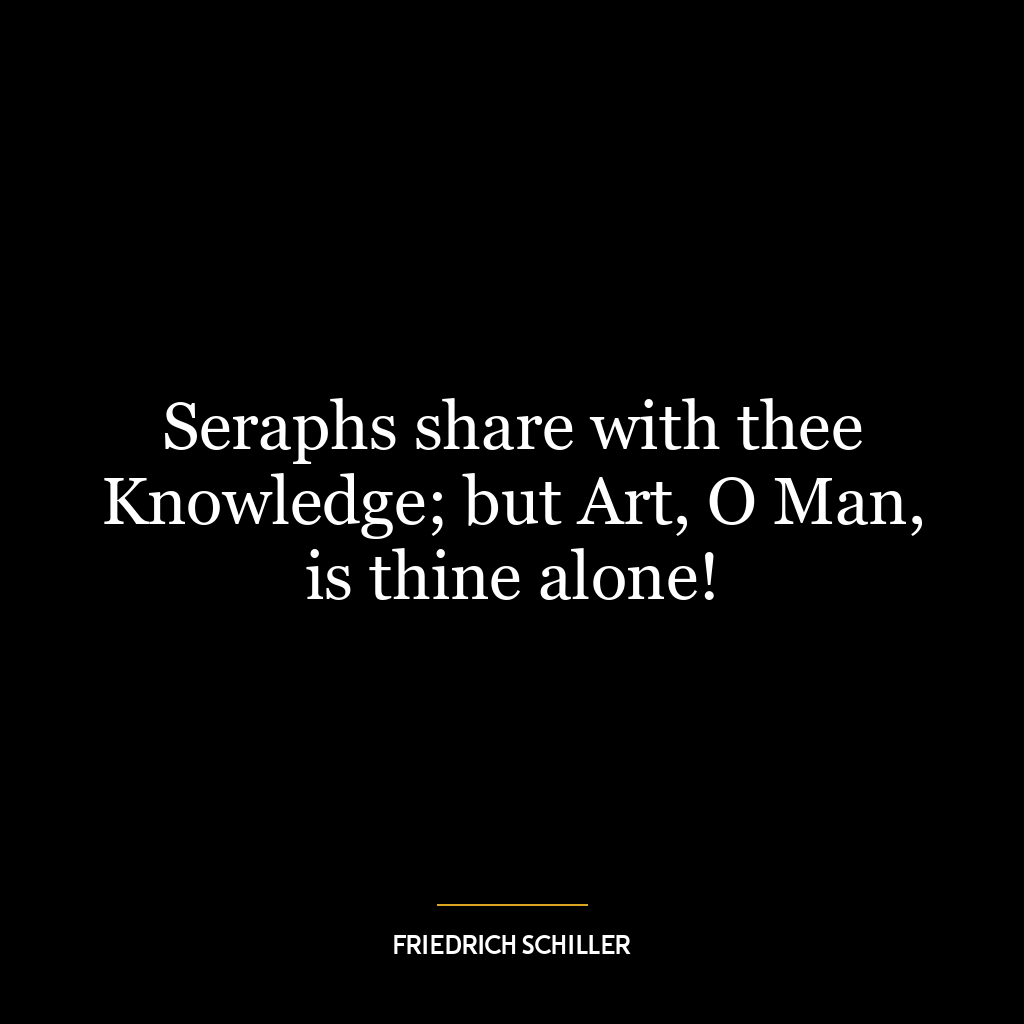Good people know about both good and evil: bad people do not know about either.
This quote suggests that to be truly good, one must have an understanding of both good and evil. It implies that goodness is not a state of ignorance or naivety but rather a conscious choice made in the face of potential wrongdoing. Good people are those who recognize the existence and allure of evil, yet consciously choose to act righteously.
On the other hand, bad people are portrayed as ignorant because they do not understand either good or evil. They may not realize their actions are harmful or they might lack empathy towards others’ suffering caused by their actions. Their ignorance prevents them from recognizing and choosing between right and wrong.
Applying this concept to today’s world could mean acknowledging the importance of education and awareness in moral development. It emphasizes on teaching children not just about virtuous behavior but also about the potential harm they can cause to others if they act selfishly or thoughtlessly.
In terms of personal development, this idea encourages introspection and self-awareness. Understanding our capacity for both good and bad allows us to make more conscious choices in our behavior. It pushes us towards moral growth – recognizing our mistakes, learning from them, striving for improvement, instead of remaining ignorant about our own shortcomings.
Moreover, it could imply that it is essential for individuals to step out from their comfort zones (the realm where we only know ‘good’) into real-world scenarios where ‘evil’ exists too – such as injustice, inequality etc., so as to develop a well-rounded understanding which will empower them to make informed decisions leading towards goodness despite being aware of easier immoral alternatives available at disposal.








